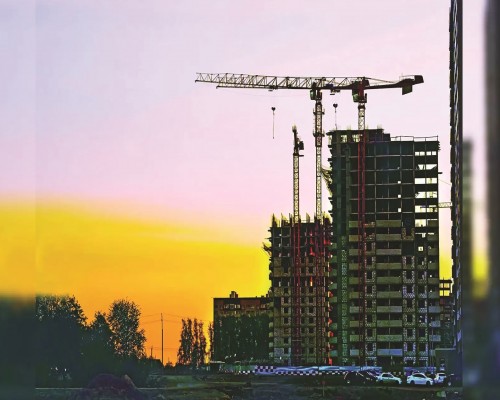Supreme Court Calls RERA's Functioning "Disappointing"

Private Builders' Disputes Lead to Strong Court Observations
The Supreme Court has criticized the Real Estate Regulatory Authority (RERA), calling its implementation ineffective and its functioning disappointing. The observation came during a hearing on disputes related to private building projects, where homebuyers had raised concerns about delayed and stalled real estate projects.
Key Observations by the Supreme Court
• The bench, led by Justice Suryakant and Justice N. Kotiswar Singh, remarked that RERA has failed in its practical implementation, leading to widespread grievances among homebuyers.
• Senior advocate Parameshwar, representing the Women Welfare Association, argued that RERA has been unable to effectively regulate builders, resulting in severe financial losses for homebuyers.
Concerns Raised by the Court
• The court pointed out RERA’s inability to protect homebuyers from the dominant influence of real estate developers.
• It noted that when a single project fails, it often causes a chain reaction, leading to the collapse of multiple real estate projects.
• The judges emphasized that the failure of one builder should not automatically lead to the downfall of other projects, and stronger regulatory oversight is needed.
Possible Reforms Suggested
• The court acknowledged that while RERA’s regulatory framework is disappointing, states may need to introduce new legal mechanisms to ensure better enforcement.
• The Real Estate (Regulation and Development) Act, 2016, was originally passed by Parliament to protect homebuyers' investments and regulate the real estate sector effectively.
Implications of the Judgment
• Stronger oversight and accountability measures may be introduced in RERA.
• Homebuyers may see improved protections against fraudulent builders.
• States could be encouraged to introduce new laws to supplement RERA’s shortcomings.
This ruling highlights the urgent need for RERA reforms to ensure timely project completion, prevent builder misconduct, and safeguard homebuyers' investments.


















